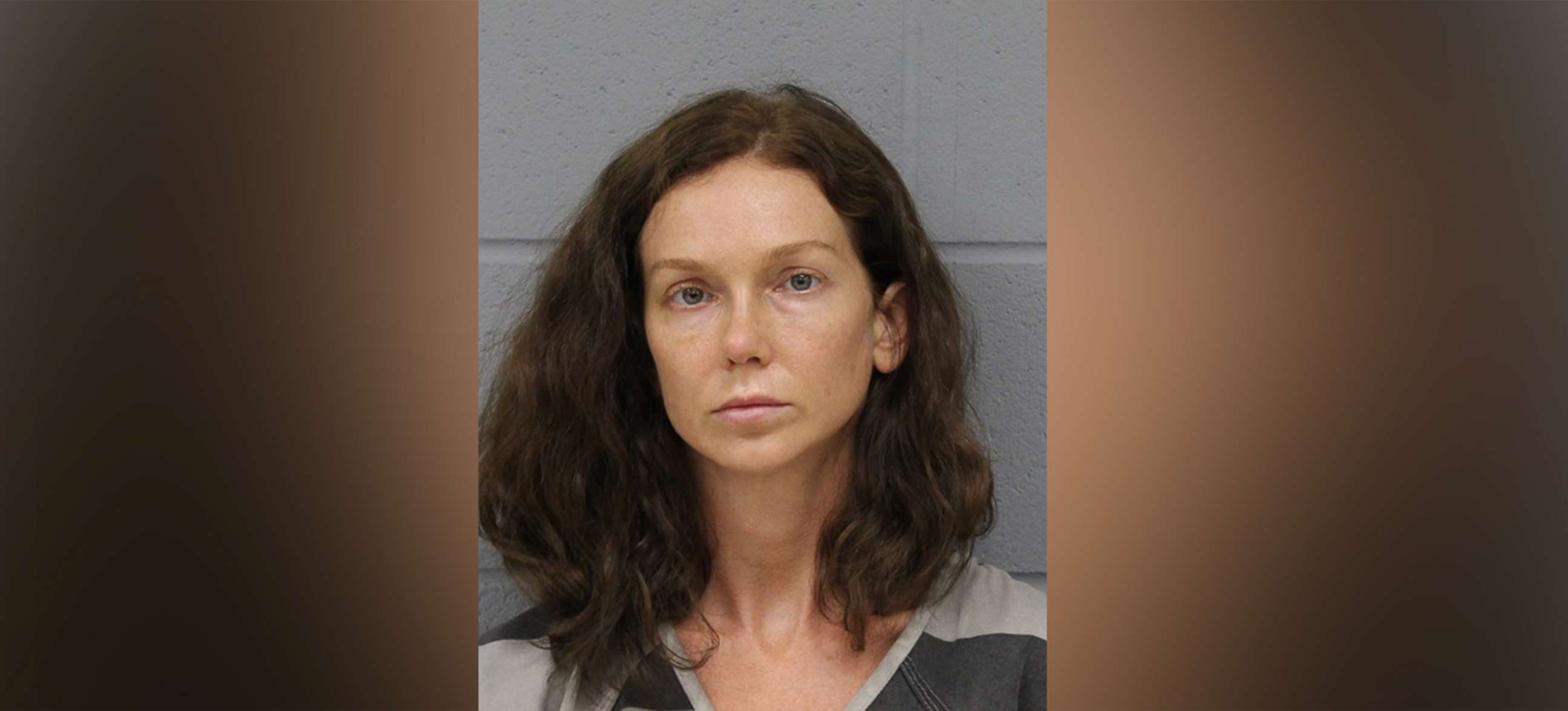Kaitlin Armstrong's attorney asks court to suppress evidence in murder case
Kaitlin Armstrong is accused of killing professional cyclist Anna Moriah Wilson.
A lawyer for Kaitlin Armstrong, an Austin woman accused of killing 25-year-old professional cyclist Anna Moriah Wilson, filed two documents trying to suppress evidence in the case.
In two documents filed Wednesday, lawyers are claiming evidence obtained during a May 12 interrogation and evidence gathered as a result of her arrest warrant in the murder should be thrown out.
Armstrong is facing one charge of felony first-degree murder, for allegedly killing Wilson with a firearm earlier this year, before fleeing to Costa Rica. Wilson was found shot multiple times and bleeding on May 11.

The 34-year-old was arrested on June 29 in a hostel on Santa Teresa Beach in Provincia de Puntarenas after a 43-day search, according to the U.S. Marshals Service. She was deported and returned to the U.S. where she was booked at Travis County Jail by the Austin Police Department and charged in the murder.
Armstrong's attorney is now asking the court to suppress statements, observations and recordings, alleging an Austin Police detective illegally interrogated Armstrong on May 12, according to court filings obtained by ABC News.
A lawyer for Armstrong alleged she was not read her Miranda rights, and that investigators failed to stop questioning her when she asked for an attorney.
The lawyer is asking the court to throw out all oral statements made by Armstrong and the audio and video recordings of the May 12 interrogation and all law enforcement observations, interpretations and conclusions formed as a result of the interrogation.
Armstrong, who was wanted on a misdemeanor charge unrelated to the killing, was arrested at her home one day after the killing, and was taken into Austin PD offices for an interrogation, but the subject of the interrogation was the death of Wilson, according to court filings.
A court filing alleged that Armstrong was in police custody when she was interrogated in part because her freedom was restrained at all times, but she was not read her Miranda rights.
During the interrogation, Armstrong allegedly asked for an attorney three times during the interrogation, but the detective continued questioning her. She also asked to leave at least five times, but the detective allegedly "blatently disregarded her request," according to court documents.
The lawyer is also asking the court to suppress all evidence, obtained as a result of what they alleged is an illegal arrest warrant, according to court documents.

In another filing, lawyers for Armstrong allege that the affidavit submitted to obtain a warrant for her arrest in the murder of Wilson was "rife with false statements, material omissions, reckless exaggerations and gross mischaracterizations made with a reckless disregard for the truth," according to court documents.
Without these alleged statements, the affidavit does not show probable cause for the arrest of Armstrong, the court filing alleges.
Armstrong's attorneys claim the affidavit's evidence included "incorrect descriptions" of Armstrong's actions and statements, a "vague and incomplete description" of the offense location, "incorrect and unconfirmed timestamps" from surveillance footage, and statements from an anonymous caller who was "not credible."
Her attorneys also allege the affidavit "relies on a refuted theory of jealousy."
Austin police had issued a warrant for Armstrong's arrest in the shooting on on May 17. Police had determined Wilson was romantically linked to Armstrong's boyfriend, professional cyclist Colin Strickland.
A car resembling Armstrong's 2012 Jeep Grand Cherokee was captured on surveillance footage from a neighboring residence stopping outside the friend's home the night of the shooting, according to an arrest warrant affidavit.




